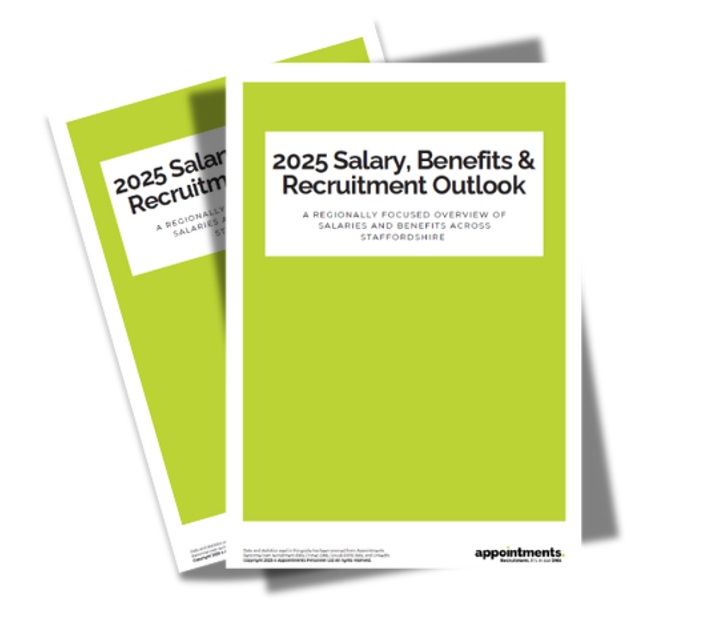
Share Article
The October 2024 Worker Protection Act: What Employers Need To Know
As a business, navigating regulatory changes can feel daunting, especially when it directly affects how you manage your workforce. With the Worker Protection (Amendment of Equality Act 2010) Act 2024 coming into force on 26 October 2024, the key focus for employers is preventing workplace harassment, particularly sexual harassment, through proactive and preventative measures.
Let's outline the most important changes and what you, as an employer, need to consider to ensure compliance and foster a safe workplace culture.
Key Changes in the Worker Protection Act
This new legislation introduces a preventative duty, requiring employers to take "reasonable steps" to prevent sexual harassment of workers, including harassment from third parties. Previously, employers were largely held accountable after an incident had occurred, but this new law shifts the focus to preventing incidents from happening in the first place. This anticipatory approach means that you must actively ensure a harassment-free environment or face legal and financial consequences.
One notable update under this law is the increased liability for employers. If an organisation is found not to have taken sufficient steps to prevent harassment, compensation awarded to victims may be increased by up to 25%. This change adds significant weight to the importance of adopting a more proactive stance toward workplace harassment prevention.
Steps to Ensure Compliance
So, what exactly should you be doing to ensure your business is in line with the new Act? Here are some of the steps you can take:
- Update and Communicate Policies - Having a robust anti-harassment policy in place is the first step, but it’s not enough to simply have one tucked away in your employee handbook. The new law expects businesses to ensure these policies are widely communicated and understood across all levels of the organisation. This includes third-party harassment policies (e.g., contractors, clients) to ensure everyone interacting with your staff is aware of acceptable conduct.
- Conduct Risk Assessments - One of the most crucial elements of the new law is risk assessment. This means regularly evaluating your workplace to identify areas or situations where harassment might occur. These assessments are now seen as a basic expectation for compliance. For example, does your business involve staff working in isolated locations or one-on-one with clients? Each of these scenarios could present heightened risks. Make sure your assessment is thorough and that mitigation steps are clear and actionable.
- Training and Awareness - Training is another cornerstone of compliance. Both employees and managers should receive training on what constitutes sexual harassment and the correct process for reporting it. The training must be ongoing and part of your broader effort to maintain a respectful workplace culture. Additionally, training your leadership team on how to handle complaints is crucial, as they will often be the first point of contact when issues arise.
- Monitoring and Feedback - Even with policies and training in place, monitoring the effectiveness of these measures is essential. Implement anonymous reporting channels for employees to feel safe in raising concerns. You can also conduct regular reviews and gather feedback through exit interviews or employee surveys to gauge whether your preventative steps are working. This continuous loop of feedback will help ensure you're staying proactive rather than reactive.
- Leadership Involvement - Creating a culture of zero tolerance for harassment requires strong leadership. Your management team should lead by example and ensure that the company’s stance on harassment is clear. Cultural direction from leadership will help embed the necessary behaviours and attitudes into everyday operations.
What Happens if You Don’t Comply?
Failing to meet the new preventative duty will have significant consequences. If your company is found liable for a harassment claim, and it’s proven that "reasonable steps" were not taken to prevent the incident, the compensation awarded to the employee could be raised by up to 25%. Additionally, regulators such as the Equality and Human Rights Commission (EHRC) will have the authority to take enforcement action, particularly where organisations are shown to repeatedly fail in their duty.
What Is Considered "Reasonable"?
The law doesn’t provide a definitive checklist of "reasonable steps," as these can vary depending on the size and type of your business. For example, a small business might implement different steps than a large corporation, but regardless of company size, what matters is the intent and effort made to prevent harassment. Regularly reviewing your policies and ensuring they are actively followed will go a long way toward demonstrating compliance.
Moving Forward
Ensuring compliance with the new Worker Protection Act isn’t just about avoiding penalties—it’s about fostering a safe, inclusive, and positive work environment for all your employees. By updating policies, conducting risk assessments, providing regular training, and ensuring leadership commitment, you’ll not only meet your legal obligations but also enhance employee morale and retention.
If you’re unsure where to start or need tailored advice on implementing these changes, we’re here to help. At Appointments, we work closely with businesses to ensure their HR policies are up-to-date and in compliance with the latest regulations. Whether you need support with policy development, risk assessments, or staff training, we’ve got the expertise to guide you through the process.
Contact us today to discuss how we can help you navigate these new requirements and create a safer, more compliant workplace. Let's ensure you're fully prepared for October 2024 and beyond!










